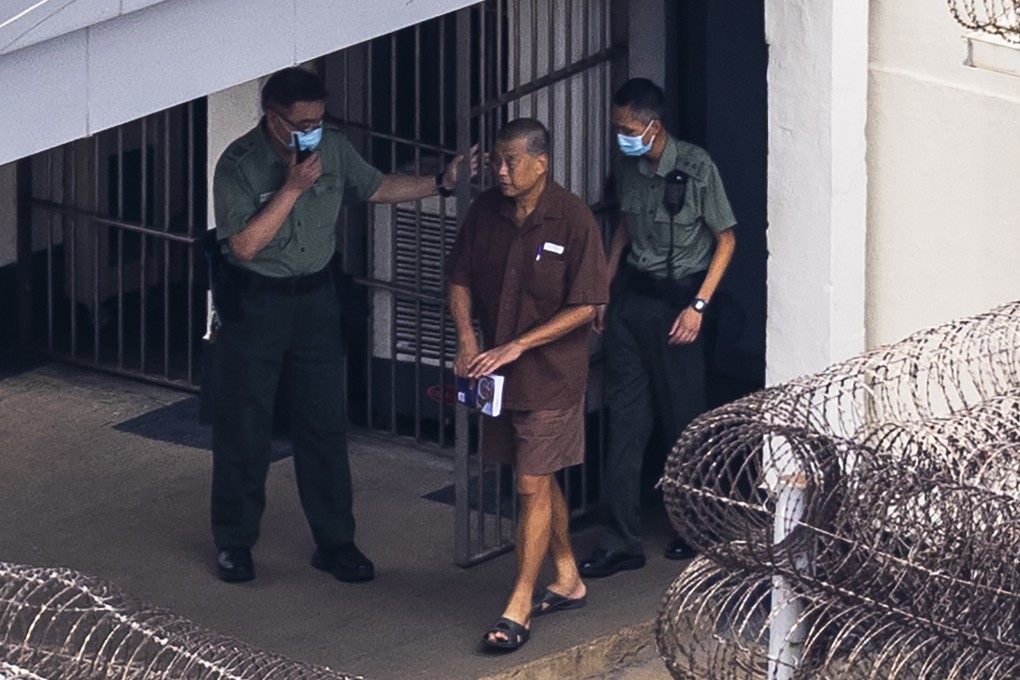Opinion | Catholic leaders’ petition to free Jimmy Lai shows politics and religion do not mix
- The petition is an attack on the integrity of our courts and does a disservice to the Catholic Church
- Whether one believes in the concept of innocence until proven guilty, legally, we should leave the judging of a crime to the courts

Their shock comes from the fact these religious leaders seem to think their belief in Lai’s “innocence” is more convincing than a verdict in a court of law, or their judgment is superior.
I am not religious but I know that among the Ten Commandments is a prohibition against bearing false witness. Deceit is a moral crime, and not just for Christians.
As Exodus 23:1-3 states: “You shall not spread a false report. You shall not join hands with a wicked man to be a malicious witness. You shall not fall in with the many to do evil, nor shall you bear witness in a lawsuit, siding with the many, so as to pervert justice, nor shall you be partial to a poor man in his lawsuit.”
In our mortal world, whether one believes in the concept of innocence until proven guilty, legally, we leave the judging of a crime to the courts. Those found guilty cannot be freed simply at one’s insistence.
For Catholics, bearing false witness goes beyond perjury in a court of law. The commandment against bearing false witness is considered a broad prohibition against the misrepresentation of truth in one’s relations with others.

